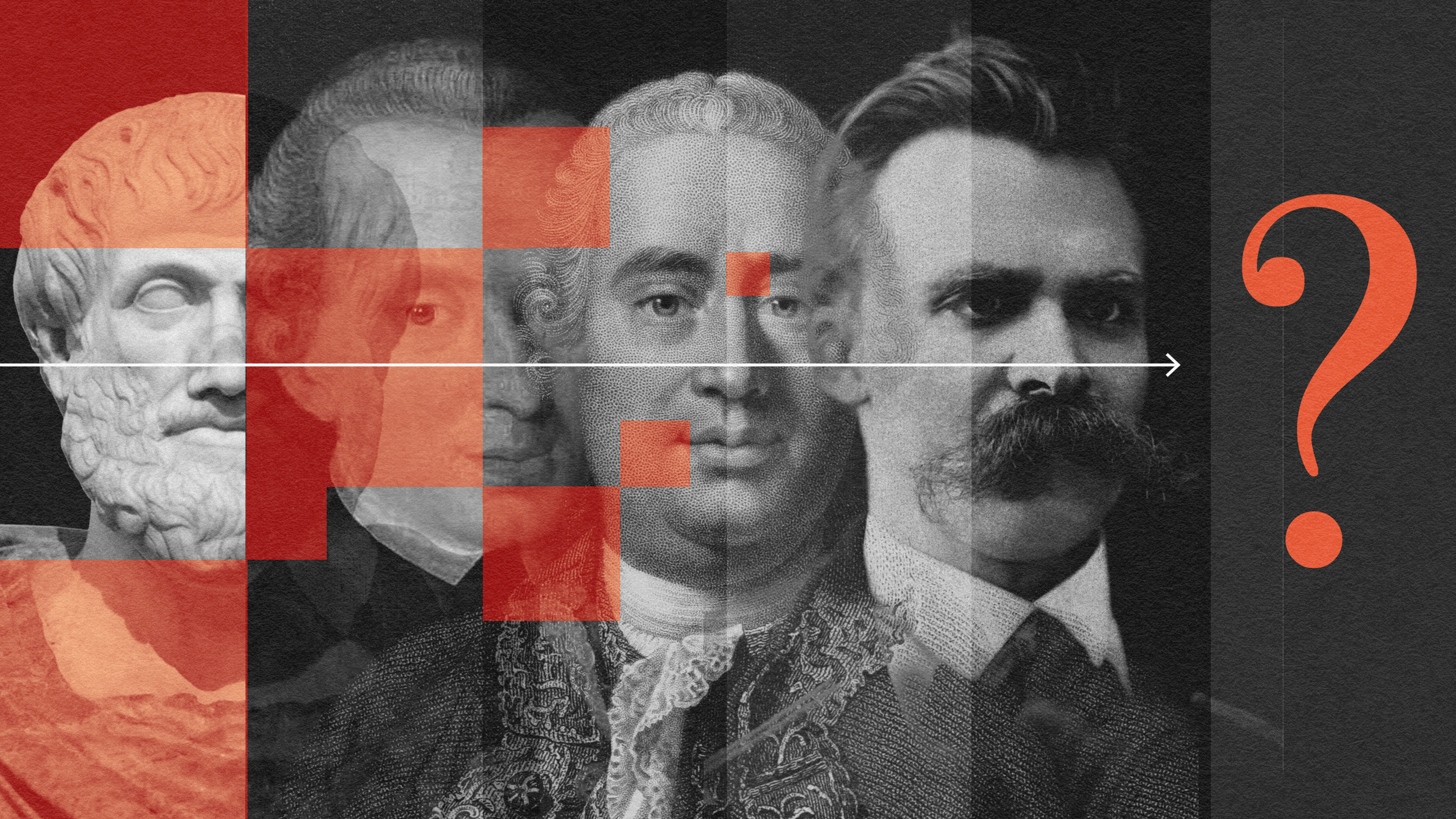Look Out, Internet: Here Come The People Of Myanmar

What’s the Latest Development?
Next week, the government of Myanmar will issue licenses to two foreign mobile companies, Digicel and Singcel, who will begin the process of establishing wireless coverage nationwide. The government’s target is 80 percent, but the two companies say that the billions of dollars they plan to invest will bring coverage to almost the entire country. They are being met by entrepreneurs eager to get connected and to connect others. For example, Squar, a Burmese-language social network similar to Facebook, launched just a few weeks ago. Co-founder Rita Nguyen says the site’s initial fundraising target was met in a couple of weeks, “a testament…to the enormous interest in the marketplace.”
What’s the Big Idea?
Now that the nearly 50-year-old military dictatorship and accompanying repression have ended, Myanmar’s citizens are rushing to take advantage of all the technology they’ve been missing. By best estimates, currently fewer than 10 percent of the country’s population of 60 million have access to a mobile phone, and SIM cards go for hundreds of dollars on the black market. However, despite additional political and economic hurdles, there’s no mistaking the possibilities for growth in the tech sector, says Nguyen: “Sixty million people falling out of the sky–you’re not going to see that again in our generation.”
Photo Credit: Shutterstock.com





